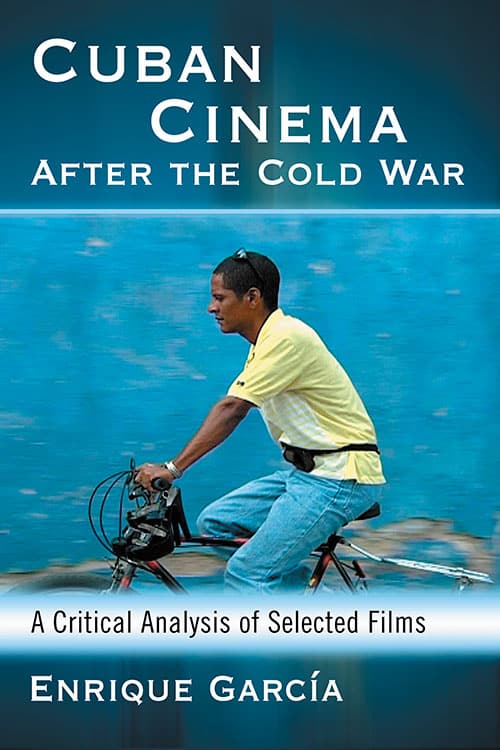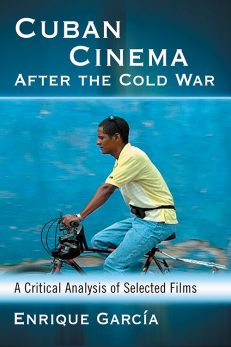Cuban Cinema After the Cold War
A Critical Analysis of Selected Films
Original price was: $39.95.$31.99Current price is: $31.99.
In stock
About the Book
The changes Cuba experienced following the collapse of the Soviet Union compelled Cuban filmmakers to rethink the values developed after the 1959 Castro revolution. Long-forgotten genres re-emerged, established auteurs incorporated new aesthetics into their films and an influx of foreign capital led to the repackaging of revolutionary ideology into more visually attractive narratives. Films such as Alice in Wondertown (1991), Strawberry and Chocolate (1993) and Juan of the Dead (2011) stirred controversy, criticized revolutionary discourse and helped establish new models that allowed post–Castro cinema to find global audiences on an unprecedented scale. This book offers a detailed analysis of key post–Cold War Cuban films. Recurrent sociopolitical tropes are examined to reveal how Cuban cinema reflects the turbulent changes in the island.
About the Author(s)
Bibliographic Details
Enrique García
Format: softcover (6 x 9)
Pages: 228
Bibliographic Info: filmography, notes, bibliography, index
Copyright Date: 2015
pISBN: 978-0-7864-9910-6
eISBN: 978-1-4766-2060-2
Imprint: McFarland
Table of Contents
Preface 1
Introduction: The Legacy of Cuba’s “Imperfect Cinema” 5
1. Daniel Díaz Torres’ Alicia en el pueblo de Maravillas and the Controversial Use of Surrealist Techniques and Intertextual Subjects 25
2. Political Melodrama in the New Nationalist Vision of Tomás Gutíerrez Alea’s Strawberry and Chocolate and Humberto Solás’ Honey for Oshún 41
3. Entertainment and the Proletarian Avant-Garde in the Films of Juan Carlos Tabío and Fernando Pérez 71
4. Paradise Under the Stars and Habana Blues: The Revival of Cuban Musical Coproductions 99
5. Ideology, Realism and Fantasy in Juan Padrón’s Animated Franchises Elpidio Valdés and Vampires in Havana Before and After the Special Period 123
6. Juan of the Dead and the Ideological Evolution of the Caribbean Zombie 151
Conclusion 177
Chapter Notes 185
Bibliography 203
Filmography 210
Index 215
Book Reviews & Awards
- “An enlightening analysis of current trends in Cuban cinema…accessible and widely applicable…recommended”—Choice
- “A valuable historical approach enriched with relevant theoretical problems on art and society”—Studies in Spanish & Latin American Cinemas.





